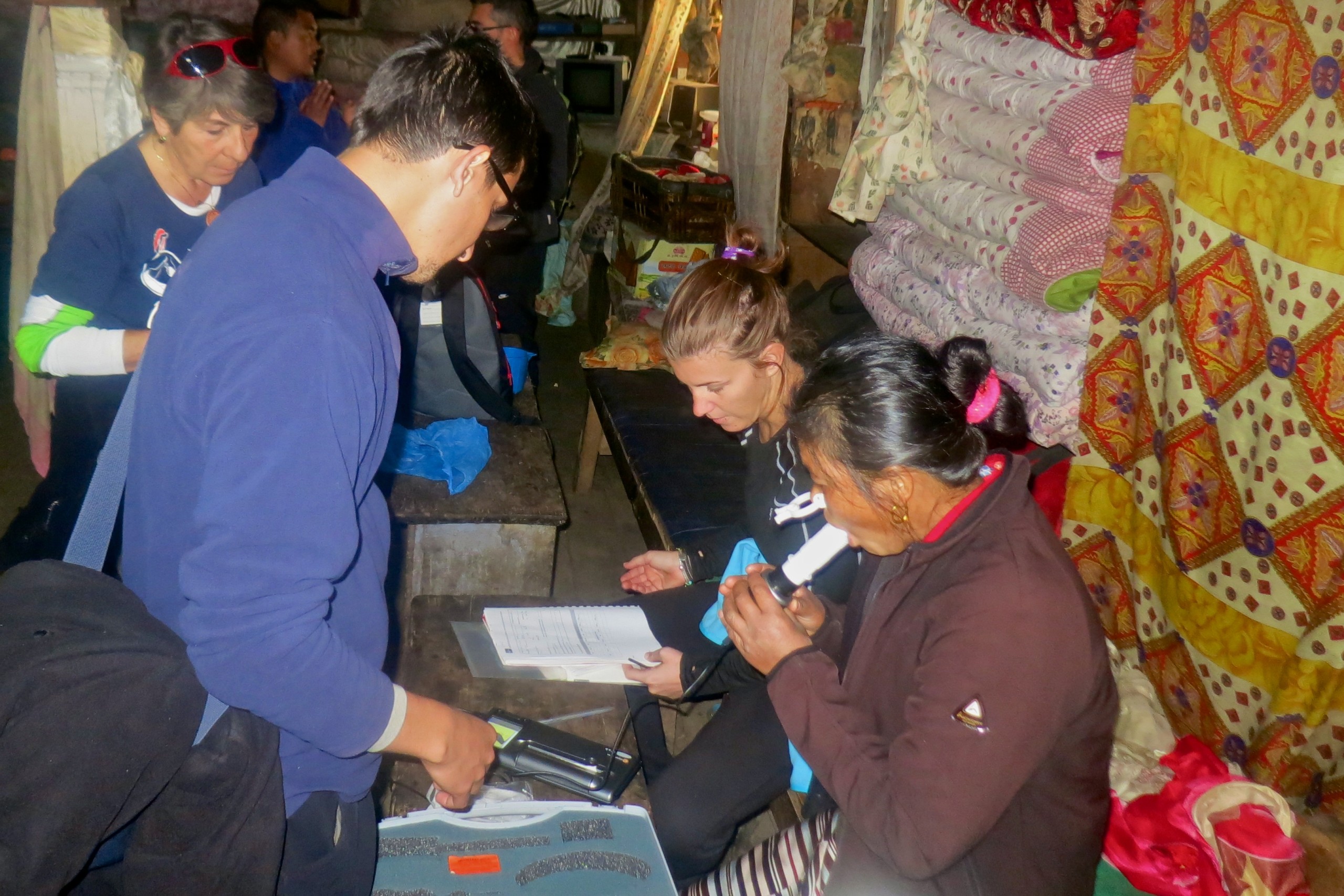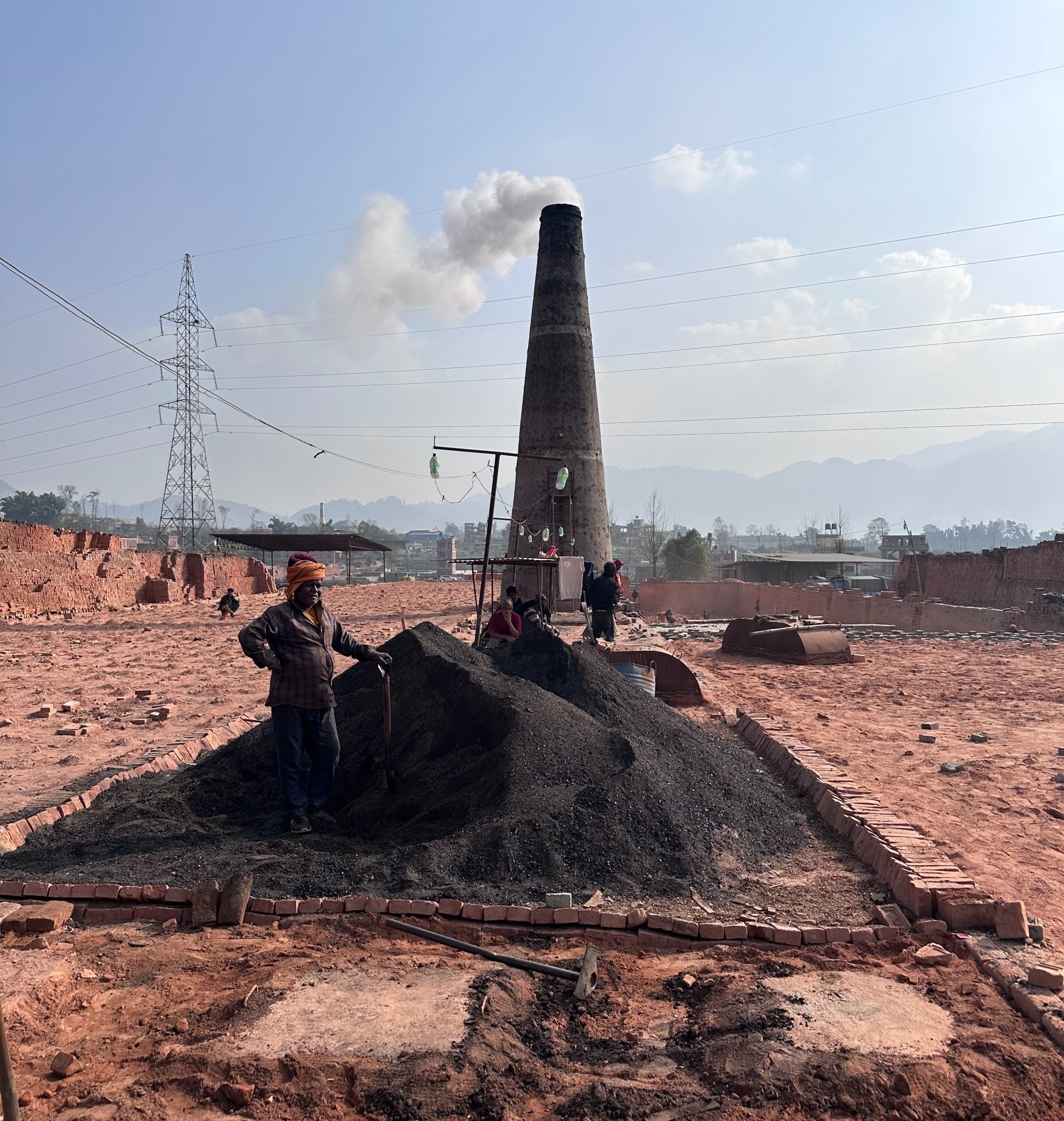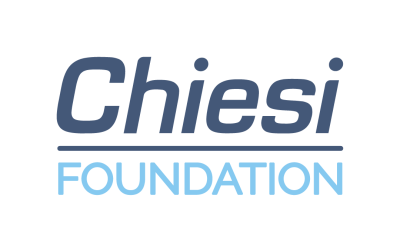The country
Nepal is a country in South Asia known for its majestic mountain range, the Himalayas. Its geography is extremely diverse, ranging from the high peaks of the Himalayas to the fertile plains of the Terai. This diversity of landscapes has profoundly influenced Nepal’s culture and economy.
As of 2023, the population of Nepal was approximately 29,694,614. Population growth is significant, with a population growth rate of -0.07%. The population distribution is predominantly rural, with 60% of the population living in rural areas. Life expectancy at birth is approximately 68 years for men and 72 years for women.

From a socioeconomic point of view, Nepal is a developing country. Agriculture is the mainstay of the economy, but it is highly dependent on climatic conditions and the availability of arable land. Tourism, especially related to mountaineering and trekking, is an important source of income, but it is sensitive to external factors such as natural disasters and political instability. Social inequalities are significant and a significant part of the population lives in poverty.
Politically, Nepal has undergone a period of great transformation. After a long period of absolute monarchy, the country has adopted a republican and federal form of government. However, political challenges remain numerous, including managing ethnic and linguistic diversity, fighting corruption, and strengthening democratic institutions.
Access to basic health services remains limited, especially in rural and remote areas: infectious diseases such as tuberculosis and diarrhoeal diseases are endemic. Malnutrition, particularly among children, is a widespread problem, especially in mountainous regions. The public health system, although constantly improving, suffers from shortages of resources, medical personnel and adequate infrastructure.
In 2022, the mortality rate from lower respiratory infections in Nepal was approximately 20.15 deaths per 100,000 population. This data highlights the urgent need to improve the management of respiratory diseases in the country. The Chiesi Foundation, through the GASP (Global Access to Sustainable Pulmonology), is working to address these challenges and improve the quality of life of patients with asthma and chronic obstructive pulmonary disease (COPD).
(Source: data.who.int)
Nepal in numbers
Nepal in numbers

Our intervention
Traditional brickmaking in South Asia, such as Nepal, is labor-intensive and hazardous to workers’ health. Unlike countries like China, where processes are highly mechanized, brickmaking in Nepal still relies on artisanal techniques and intensive manual labor. Workers are exposed daily to fine dust and high levels of respirable silica, inhaling clay and other materials during different stages of production, from excavating the soil to firing the bricks.
Prolonged exposure to these harmful substances significantly increases the risk of developing serious lung diseases, such as silicosis, lung cancer and chronic obstructive pulmonary disease (COPD). In addition, often precarious working conditions and lack of access to healthcare exacerbate the situation.
To address this issue, Johns Hopkins University, thanks to the support of the Chiesi Foundation, has launched an important spirometric screening project in Bhaktapur, Nepal, in 2023. The aim is to identify respiratory diseases in brick workers early and to raise awareness among both workers and employers about the importance of prevention.
Thanks to funding from the Chiesi Foundation, new spirometers were purchased and local staff were adequately trained to perform the tests. In addition, information and awareness-raising activities were organized for workers, providing them with educational materials and explaining the consequences of exposure to dust and the importance of prevention.
A key aspect of this project is the active involvement of the oven owners. Thanks to the support of the Chiesi Foundation, Johns Hopkins University organized meetings with the oven owners association, obtaining their commitment to collaborate to improve the working conditions and health of their employees.
This project represents an important first step towards greater protection of workers’ health in high-risk industrial sectors. The long-term goal is to promote the adoption of effective preventive measures and to raise awareness among local institutions on the importance of ensuring safe and healthy working conditions for all.
Our intervention
Traditional brickmaking in South Asia, such as Nepal, is labor-intensive and hazardous to workers’ health. Unlike countries like China, where processes are highly mechanized, brickmaking in Nepal still relies on artisanal techniques and intensive manual labor. Workers are exposed daily to fine dust and high levels of respirable silica, inhaling clay and other materials during different stages of production, from excavating the soil to firing the bricks.
Prolonged exposure to these harmful substances significantly increases the risk of developing serious lung diseases, such as silicosis, lung cancer and chronic obstructive pulmonary disease (COPD). In addition, often precarious working conditions and lack of access to healthcare exacerbate the situation.

To address this issue, Johns Hopkins University, thanks to the support of the Chiesi Foundation, has launched an important spirometric screening project in Bhaktapur, Nepal, in 2023. The aim is to identify respiratory diseases in brick workers early and to raise awareness among both workers and employers about the importance of prevention.
Thanks to funding from the Chiesi Foundation, new spirometers were purchased and local staff were adequately trained to perform the tests. In addition, information and awareness-raising activities were organized for workers, providing them with educational materials and explaining the consequences of exposure to dust and the importance of prevention.
A key aspect of this project is the active involvement of the oven owners. Thanks to the support of the Chiesi Foundation, Johns Hopkins University organized meetings with the oven owners association, obtaining their commitment to collaborate to improve the working conditions and health of their employees.
This project represents an important first step towards greater protection of workers’ health in high-risk industrial sectors. The long-term goal is to promote the adoption of effective preventive measures and to raise awareness among local institutions on the importance of ensuring safe and healthy working conditions for all.
Our main activities in Nepal
Donation of spirometers for accurate diagnosis
Training of healthcare staff to perform spirometry tests
Engagement of the Brick Kiln Owner Association

